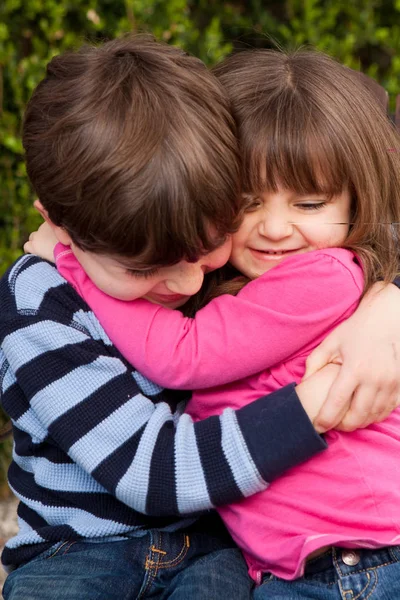
Suppose that raising strong, empathetic kids wasn’t in a parent instruction manual but in words spoken at home every day. To children, words are not just communication; they’re a blueprint for how to navigate feelings, engage with others, and survive hardship. The right words, repeated regularly, can be emotional anchors that help them make it through moments of peace and chaos.

Professionals like Kelsey Mora, Certified Child Life Specialist and Licensed Clinical Professional Counselor, have seen firsthand how a few simple phrases mark the growing emotional intelligence of a child. They are no magic words, but powerful signals that let children know it is okay to feel, to be heard, and to problem solve. When used with solid adult modeling, they help children build skills in managing feelings, empathy, and setting healthy limits.
These are seven emotionally intelligent children’s frequently used phrases and how they develop confidence, empathy, and resilience.

1. “It’s okay to be sad”
Children who use this have discovered that all feelings all the good ones and the bad ones are okay. They’ve learned from adults who make it normal to cry, get frustrated, or be worried, and who also show that there can be periods of happiness alongside bad periods. Having this balance provides emotional flexibility.
According to empathy development studies, validating feelings instead of invalidating them helps children respond better to other individuals’ feelings. When sadness is validated, children repress fewer feelings and are more likely to experience them in healthy ways.

2. “I need some space”
When kids can identify when they are feeling intensely and do something to calm themselves down is a sign of good self-awareness. Kids who are using this vocabulary also have strategies in place, like a “coping corner” or stress-reducing activities like deep breathing.
These strategies are often taught through modeling. When parents or teachers step back to manage their own stress, children learn not that taking space is avoidance, but that taking space is self-care. This helps kids develop emotional autonomy over time.

3. “Are you okay?”
This seemingly simple question is a classic example of empathy at work. It shows that a child has been able to learn to read others’ emotional cues and respond accordingly, either with comfort or with leaving them alone.
Empathy, of course, avoids conflict and fosters relationships. Kids who go out of their way to get a check-in from others on a regular basis are practicing perspective-taking skills, which encourage kindness and cooperation between best friends, classmates, and family members.

4. “I don’t like.”
Boundary-setting is one of the main supports of emotional intelligence. When a child tells you, “I don’t want you to take my belongings without asking,” he is saying needs clearly and also being respectful to the other person.
Similarly, teaching children to say boundaries without aggression also teaches children to accept others’ boundaries. This kind of mutual respect builds trust and reduces misunderstandings, skills that carry over into relationships as an adult.

5. “I made a mistake”
Taking blame for errors without shame is a mark of a growth mindset. Instead of fearing blame, such children see errors as opportunities to learn and improve.
As Kelsey Mora states, errors are how we learn. In real life, that might be a kid holding up their hands and saying, “I should have listened the first time. I will try that next time,” because they can reflect and change. That type of thinking enhances resilience in school, with peers, and with life.

6. “I have an idea”
Confidence in problem-solving often comes from environments where children’s input is valued. Kids who say this are willing to brainstorm solutions, collaborate, and take creative risks.
Research on cooperative play shows that successful collaboration encourages more cooperation in the future. When children feel their ideas matter, they’re more engaged, flexible, and ready to tackle challenges.

7. “You’ll remember next time”
Although most often cast by adults, this sentence helps children to focus on improving rather than on mistakes. It conveys that mistakes are temporary and skills can be built upon.
Using this language after a fight or slip-up, optimism and resolve are encouraged. With repetition, the child learns he can and will improve with repetition.

Emotional intelligence can’t be created overnight it’s built in everyday interactions, routine language, and normal modeling. By listening to and saying these kinds of sentences, children are not just learning words; they’re developing a way of engaging with the complex emotional world and with relationships. For parents, caregivers, and educators, weaving these types of sentences into the fabric of daily routines is an effortless yet powerful way of raising children who are empathetic, self-aware, and equipped to handle life head-on with confidence.


